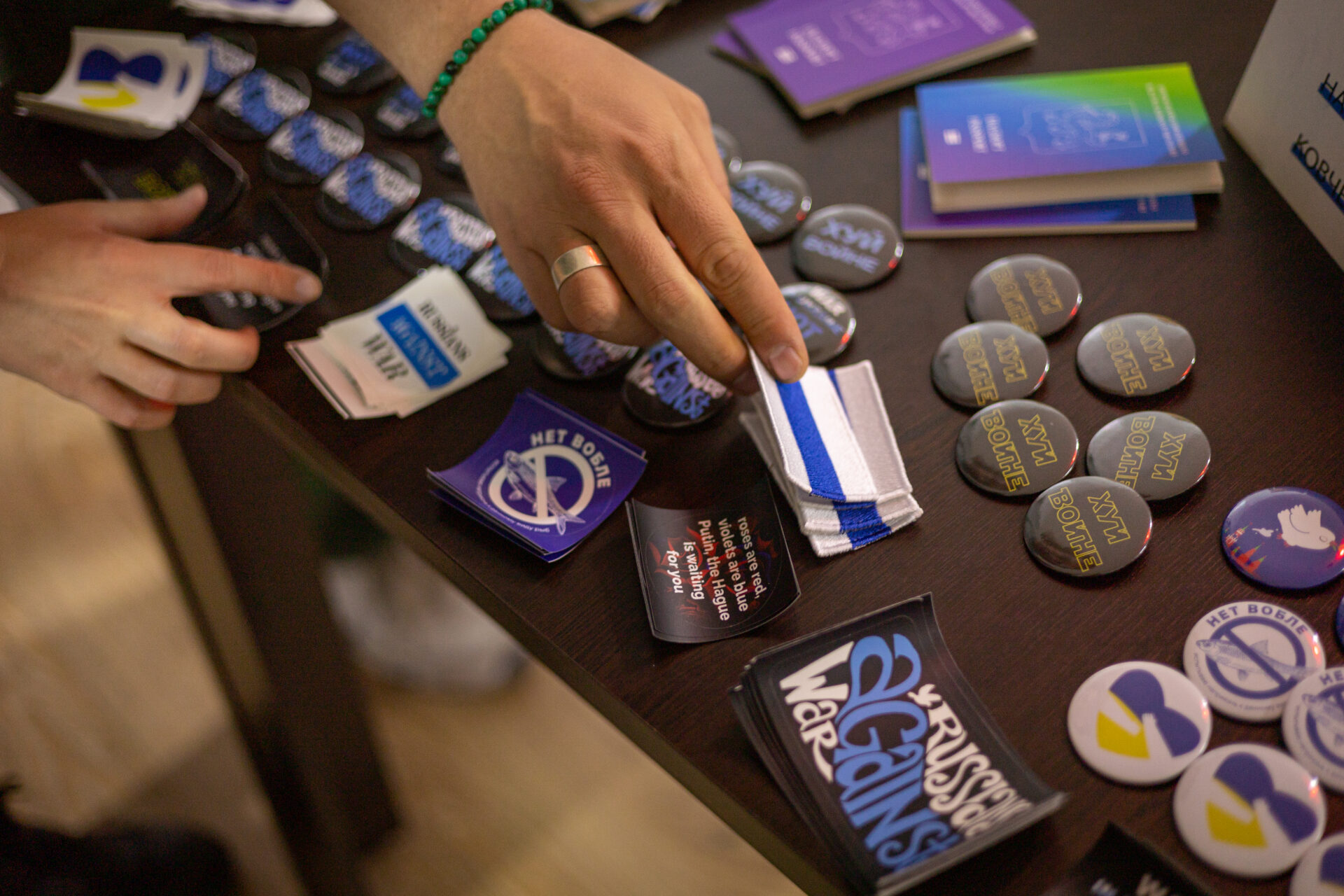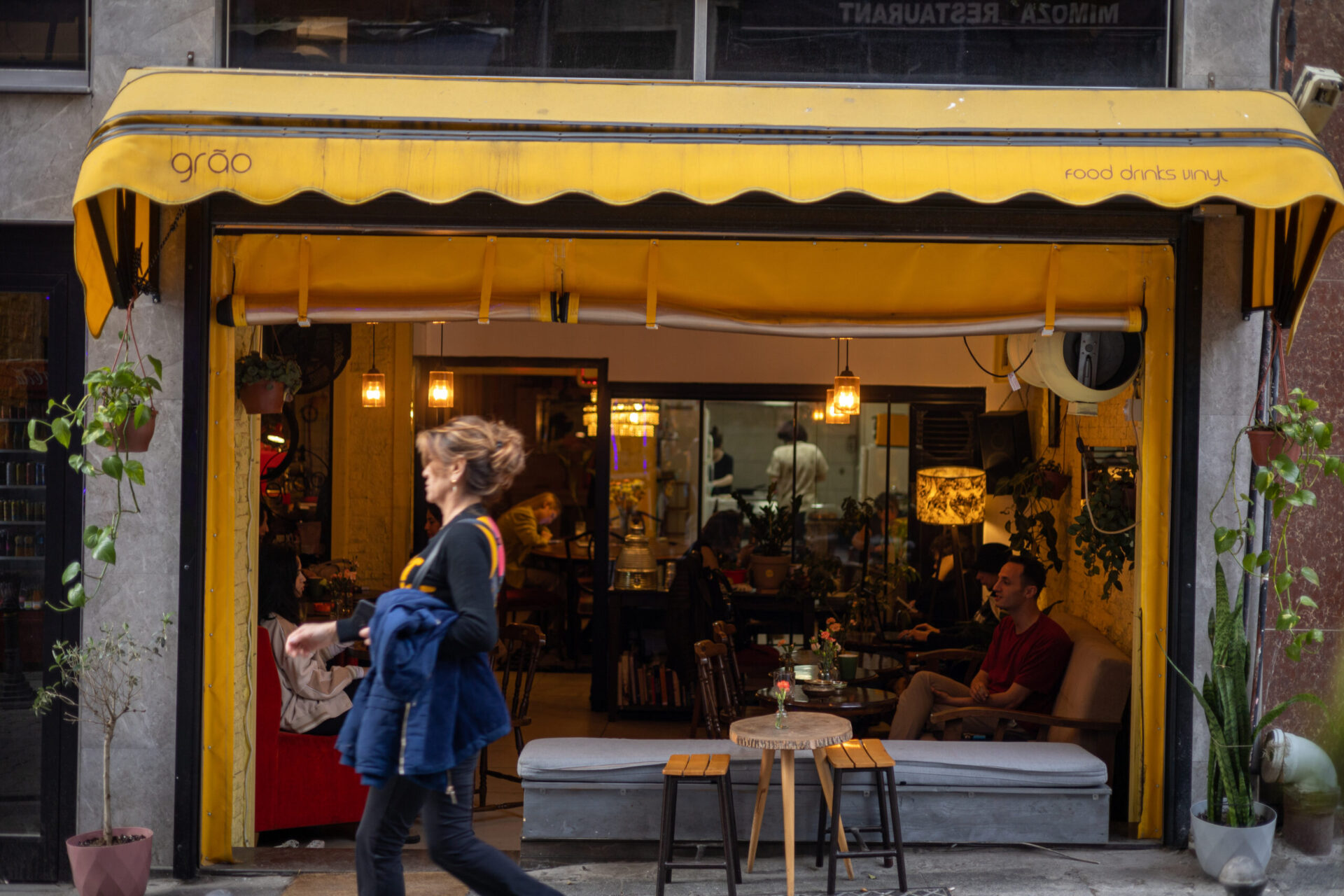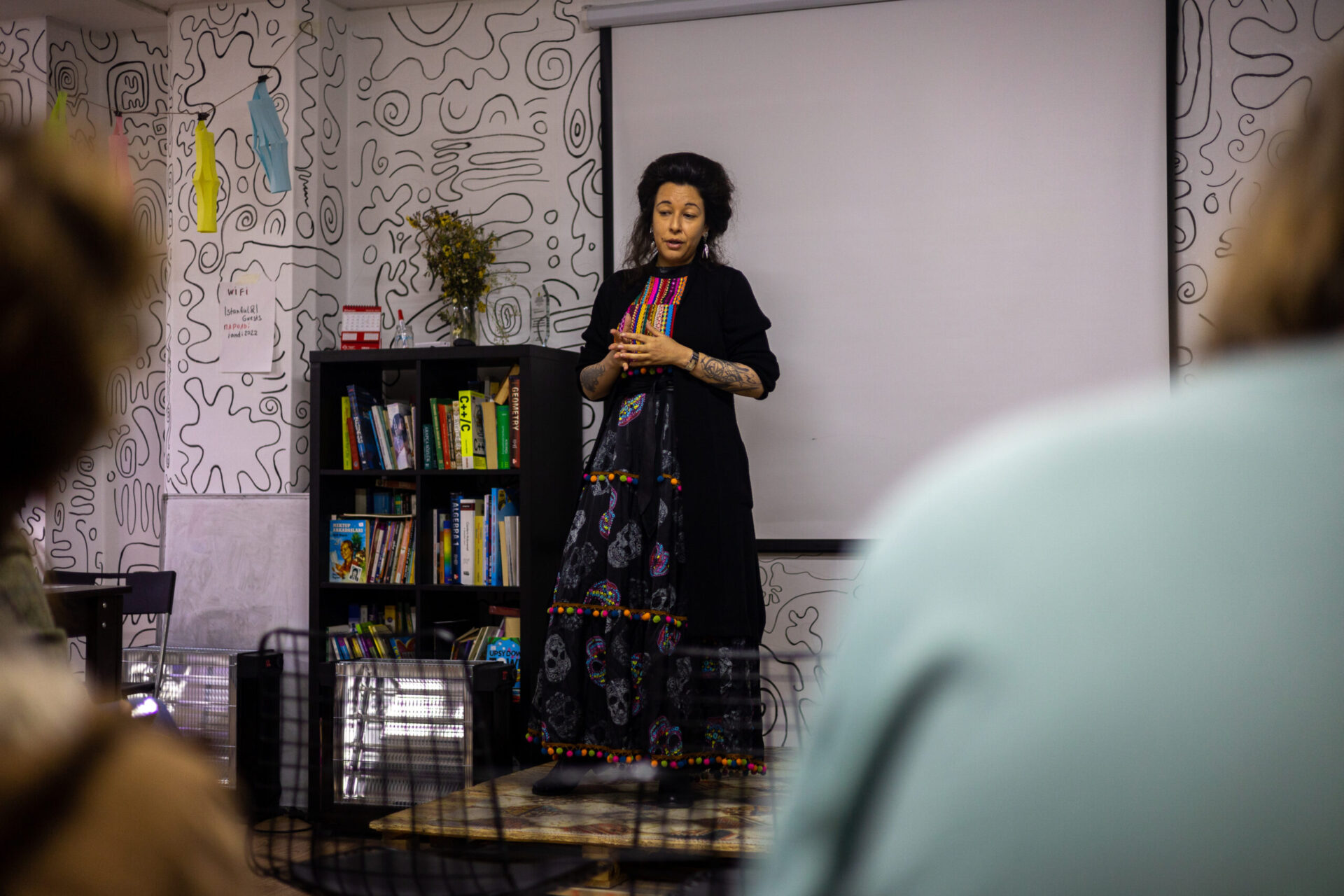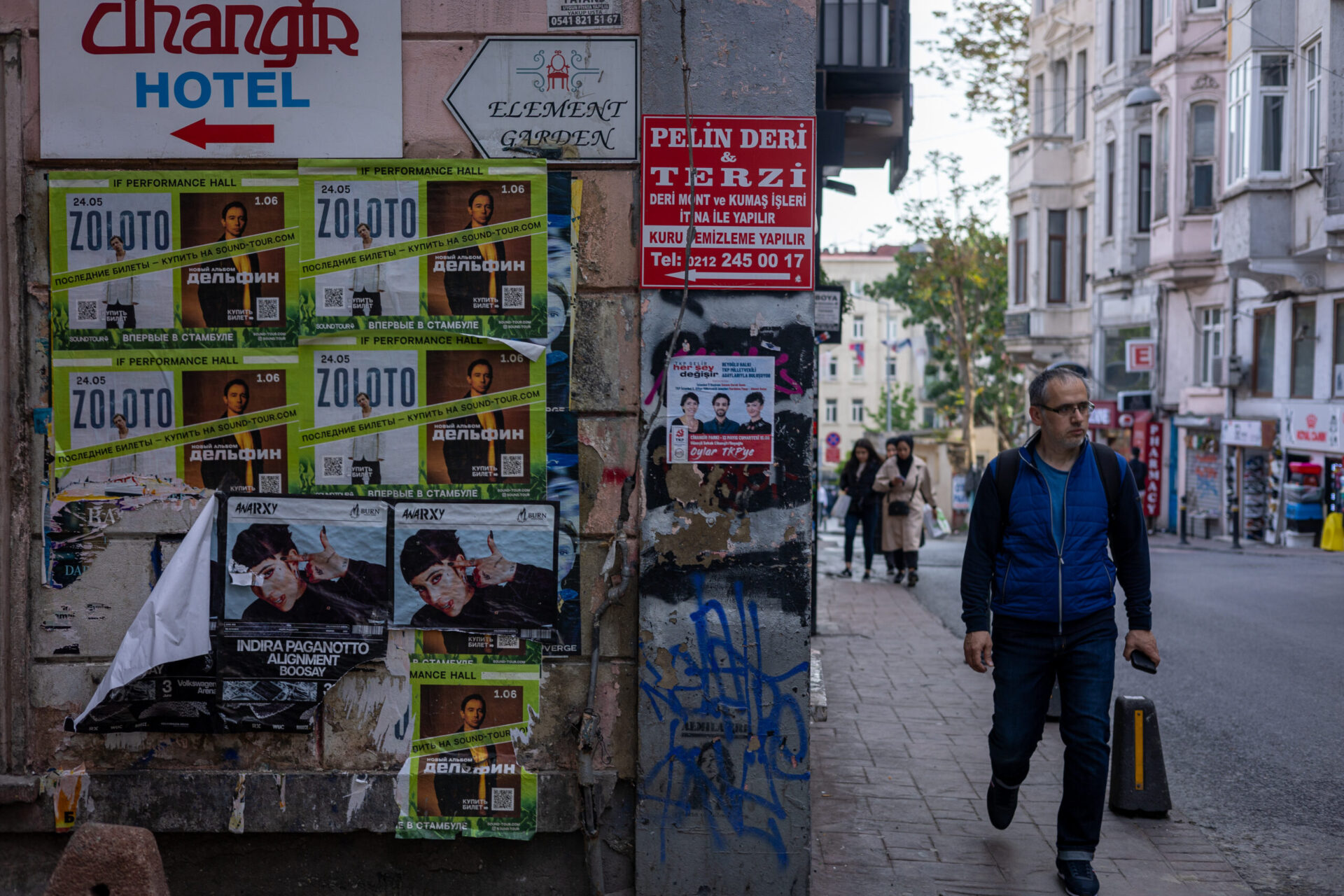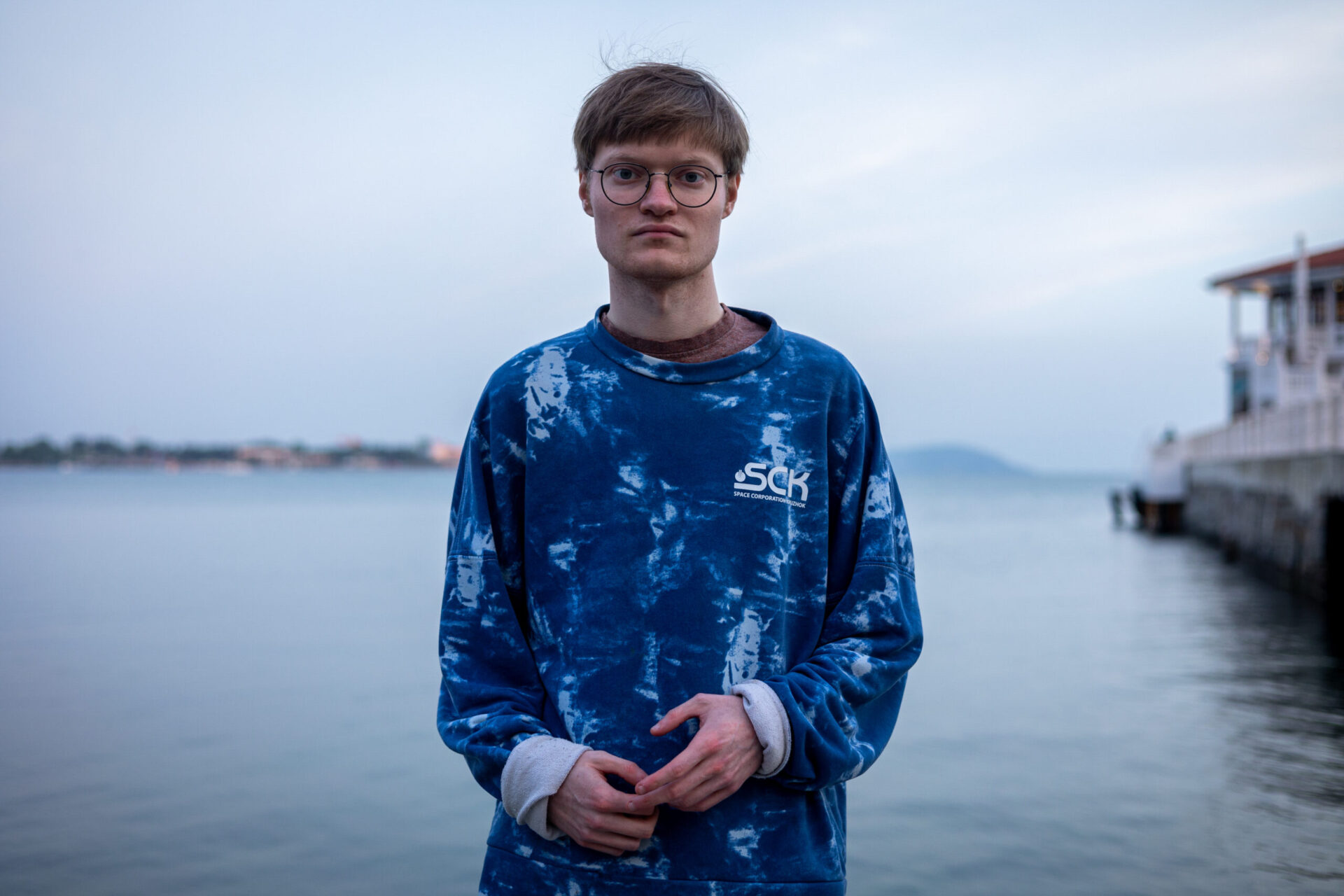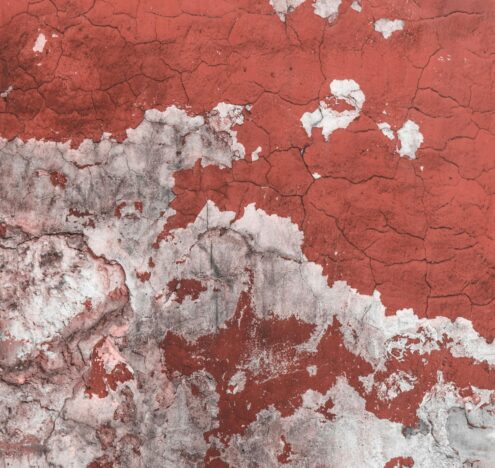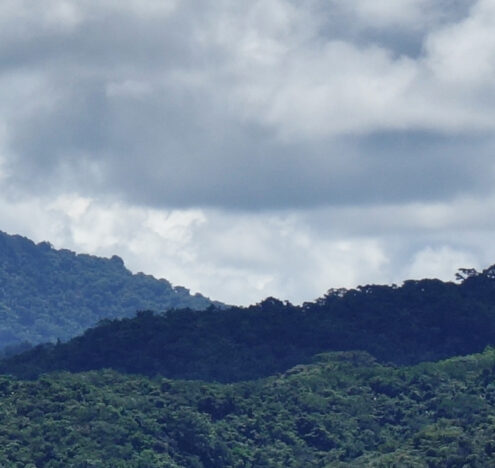Russians interviewed for this story expressed frustration with the way that offices differ in their requirements, with some demanding additional documents while others do not. “Nobody knows what is required of them,” said Eva Rapoport, the İstanbul coordinator at The Ark, an organization that provides assistance to Russians in Turkey and other countries. “It has been changing and not for the better with immigration… It’s super random, super non-transparent. Nobody knows how to play this game to win it. Some people apply and get residency; some people apply and don’t get it.”
Rapoport said that many first-time applicants have been denied residency, while others seeking to renew their permits have also been rejected. The fewer and seemingly arbitrary nature of approvals has led some Russians in the country to leave without even attempting to renew their permits, she added. “This is the sad part of the situation here, that by now we’re really noticing that a lot of people are leaving, not so many new people are coming in,” Rapoport said.
Last week, Turkey’s Presidency of Migration Management, which oversees immigration matters, published figures showing that nearly 8,000 fewer Russians hold residency permits compared to January of this year.
It’s not clear why fewer Russians are being approved for residency. Rapoport said that many rejected applicants are told that they did not provide sufficient documentation. Many Russians note that the change followed a phone call between Putin and his Turkish counterpart, Recep Tayyip Erdoğan, in December. In the call, Erdoğan asked for Russia’s support in northern Syria, where Turkey has been carrying out military operations against Kurdish-led forces backed by the US.
The leaders have maintained close ties despite Western pressure on Russia for its invasion of Ukraine. Under Erdoğan, Turkey, a NATO member, has refrained from joining in Western sanctions against Russia. While Turkey has supplied drones to Ukraine — a policy that has boosted its defense industry and been a campaigning point for Erdoğan — it has maintained robust trade ties with Russia, a country on which it is reliant for energy imports. Erdoğan has also positioned Turkey as a mediator between Russia and Ukraine. It helped broker and maintain an important UN-backed agreement to allow grain exports from Ukrainian ports.
Two days after the phone call, the head of Russia’s parliament, Vyacheslav Volodin, met with Erdoğan and his Turkish counterpart in Ankara. In a statement, Volodin said that the countries’ parliamentary bodies “should do everything to provide legislative support to the decisions taken by the leaders of our states.” In a separate statement, Volodin noted “close contacts in the field of tourism,” and that Russian citizens “are treated well (in Turkey), they can stay safely there.”
Cengiz Taşkın, a representative at a consultancy firm in Turkey that helps foreigners applying for residency, said that the approval rates for Russian applicants changed toward the end of 2022. “Before December 26th, all of them were getting approved,” Taşkın said. “After the 26th of December, 90% of them are getting rejected.” He’s not sure why. “There aren’t any laws, any declarations, nothing,” Taşkın said. “Probably it has started to be rejected with an unwritten order.”
He stated that the few lucky ones who have obtained residency permits tended to be homeowners in İstanbul. With a soaring 137% inflation according to independent researchers, the average house costs more than $120,000 in the city.
Taşkın also noted that far fewer Russians are applying for residency, possibly because fewer are leaving Russia and coming to Turkey. “We used to get through approximately 50 to 60 different cases,” he said. “Right now it is down to four to five.”
The Turkish foreign ministry and immigration office did not respond to requests for comment for this story.
On Jan. 2, Maksim received his decision from the immigration office. His application had been rejected because he did not meet one or more of the conditions outlined in Article 32 of Turkey’s Foreigners and International Protection Law. One of the article’s clauses has a vague prerequisite regarding health and safety standards that essentially affords immigration authorities full discretion on whether the applicant meets the requirements. With no clear definition of the standards, such discretion makes the approval process largely arbitrary.
When Maksim visited the office in person, he was told that he didn’t have sufficient grounds to be eligible for a touristic residency permit. Less than two weeks later, Maria’s application was also rejected. The couple appealed the decision, but the result was the same.
Meanwhile, Maksim’s friend who had applied at a different office had been approved for residency.
Parallels Between Russia And Turkey














